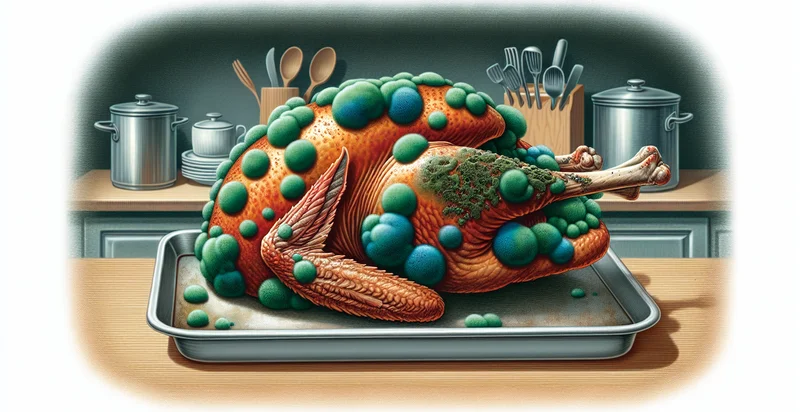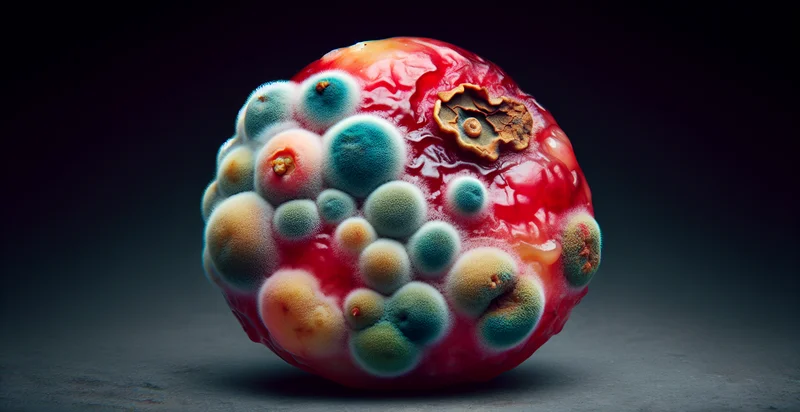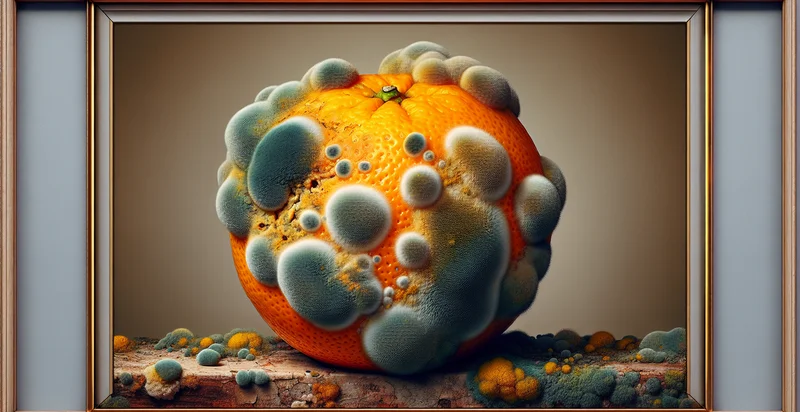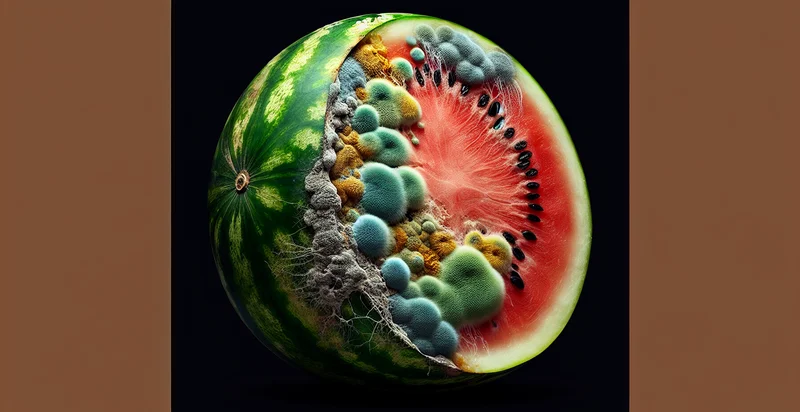Identify if turkey is moldy
using AI
Below is a free classifier to identify if turkey is moldy. Just upload your image, and our AI will predict if turkey is moldy - in just seconds.

Contact us for API access
Or, use Nyckel to build highly-accurate custom classifiers in just minutes. No PhD required.
Get started
import nyckel
credentials = nyckel.Credentials("YOUR_CLIENT_ID", "YOUR_CLIENT_SECRET")
nyckel.invoke("if-turkey-is-moldy", "your_image_url", credentials)
fetch('https://www.nyckel.com/v1/functions/if-turkey-is-moldy/invoke', {
method: 'POST',
headers: {
'Authorization': 'Bearer ' + 'YOUR_BEARER_TOKEN',
'Content-Type': 'application/json',
},
body: JSON.stringify(
{"data": "your_image_url"}
)
})
.then(response => response.json())
.then(data => console.log(data));
curl -X POST \
-H "Content-Type: application/json" \
-H "Authorization: Bearer YOUR_BEARER_TOKEN" \
-d '{"data": "your_image_url"}' \
https://www.nyckel.com/v1/functions/if-turkey-is-moldy/invoke
How this classifier works
To start, upload your image. Our AI tool will then predict if turkey is moldy.
This pretrained image model uses a Nyckel-created dataset and has 2 labels, including Turkey Is Moldy and Turkey Is Not Moldy.
We'll also show a confidence score (the higher the number, the more confident the AI model is around if turkey is moldy).
Whether you're just curious or building if turkey is moldy detection into your application, we hope our classifier proves helpful.
Related Classifiers
Need to identify if turkey is moldy at scale?
Get API or Zapier access to this classifier for free. It's perfect for:
- Quality Control in Food Processing: This use case involves the application of the mold detection function in food processing facilities to ensure that turkeys passing through quality control are free from mold. By identifying and eliminating moldy products early in the processing line, companies can reduce waste and ensure higher safety standards for consumers.
- Retail Inventory Management: Retailers can use the mold detection function in their cold storage systems to monitor the condition of turkeys in real time. Automated alerts can be sent to staff when mold is detected, enabling timely action to remove spoiled items and maintain product quality on shelves.
- Supply Chain Monitoring: Distributors can implement this function to periodically check the quality of turkeys during transportation and storage. By ensuring that moldy products are identified and filtered out before reaching retailers, companies can enhance their reputation and reduce liability related to food safety.
- Food Safety Compliance: Regulatory bodies can utilize the mold identification feature as part of routine inspections in food establishments. It provides a robust tool to ensure that businesses comply with food safety standards, thus protecting consumer health and promoting industry accountability.
- Automated Food Preparation Systems: Restaurants and food service providers can integrate this solution into their kitchen automation systems. It allows for the automatic screening of ingredients like turkey, ensuring that only fresh and safe products are used in food preparation, thus improving customer safety and satisfaction.
- Research and Development in Food Technology: Food scientists can leverage the mold detection algorithm in their research to develop new preservation techniques. Understanding the conditions under which turkey becomes moldy can lead to innovations that improve shelf life and minimize spoilage.
- Consumer Awareness Apps: A consumer-facing mobile application could employ this technology to help users check their stored turkey products for mold before cooking. By providing an easy way for consumers to ensure food safety, the app can help reduce foodborne illnesses and enhance public health awareness.


